Michigan Woman Wins Big After ChatGPT Picks Her Powerball Numbers
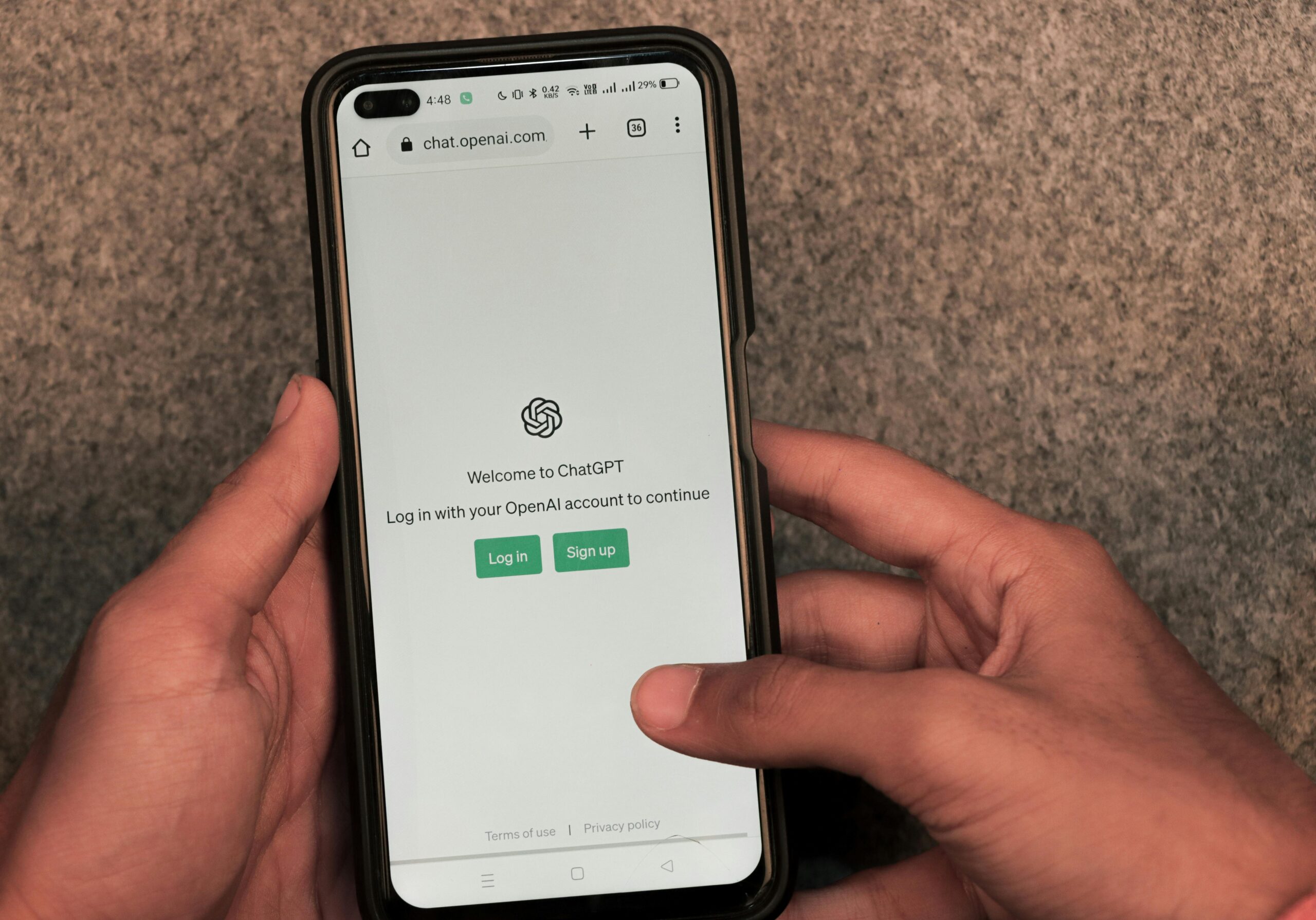
When Tammy Carvey from Wyandotte, Michigan, bought a Powerball ticket for the September 6 drawing, she didn’t rely on birthdays, lucky charms, or a gut feeling. Instead, she turned to something much newer, weirder, and infinitely more digital: ChatGPT. What started as a lighthearted experiment with artificial intelligence ended up becoming the story of a lifetime. Carvey, 45, asked the AI chatbot to generate a set of Powerball numbers, plugged them into her ticket, and a few days later discovered she had won $100,000. Her reaction was part disbelief, part joy, and entirely surreal. In her words, she and her husband “were in total disbelief.”
It sounds like a plot straight from a techno-fable woman meets AI, AI picks numbers, and together they defy astronomical odds. But the Michigan Lottery confirmed the story as genuine, noting that Carvey matched four white balls and the Powerball, earning a base prize of $50,000. Because she had added the Power Play option, her winnings doubled to $100,000. Carvey had no idea until she logged into her account and saw the official total. The news sent waves across social media, sparking both fascination and playful suspicion. Could an AI actually be lucky? Or was this just a clever twist of fate that made randomness feel almost magical?
The Curious Case of Tammy Carvey’s Digital Luck
Tammy Carvey wasn’t a regular lottery player. Like many Americans, she only bought tickets when the jackpot climbed into the billions. September’s Powerball was one of those record-breaking runs, hitting a jaw-dropping $1.787 billion. Curiosity got the better of her, and instead of picking numbers herself, she decided to consult ChatGPT. The chatbot produced a random combination, and Carvey went with it, no overthinking, no superstition, no math formulas just trust in the machine.
A few days later, she checked the winning numbers and was shocked to find that four of the white balls and the red Powerball matched. She initially thought she had won $50,000, which was enough to send her pulse racing.
Michigan woman wins $100K Powerball pot using ChatGPT-generated numbers https://t.co/ECFv35NIMD pic.twitter.com/08h2tE5XWQ
— New York Post (@nypost) October 20, 2025
But when she logged into her Michigan Lottery account, she saw that her Power Play had doubled her prize to $100,000. For Carvey and her husband, the realization was almost too much to process. “We were in total disbelief,” she said. Their reaction captured something many people feel about AI: it’s mysterious, powerful, and just unpredictable enough to seem enchanted.
What made the story so captivating wasn’t just the win, but the symbolism. In a world where artificial intelligence writes essays, analyzes data, and predicts trends, here it was taking on a quintessentially human tradition the pursuit of luck. And it worked. Or at least, it seemed to.
How AI and Luck Collided in Michigan
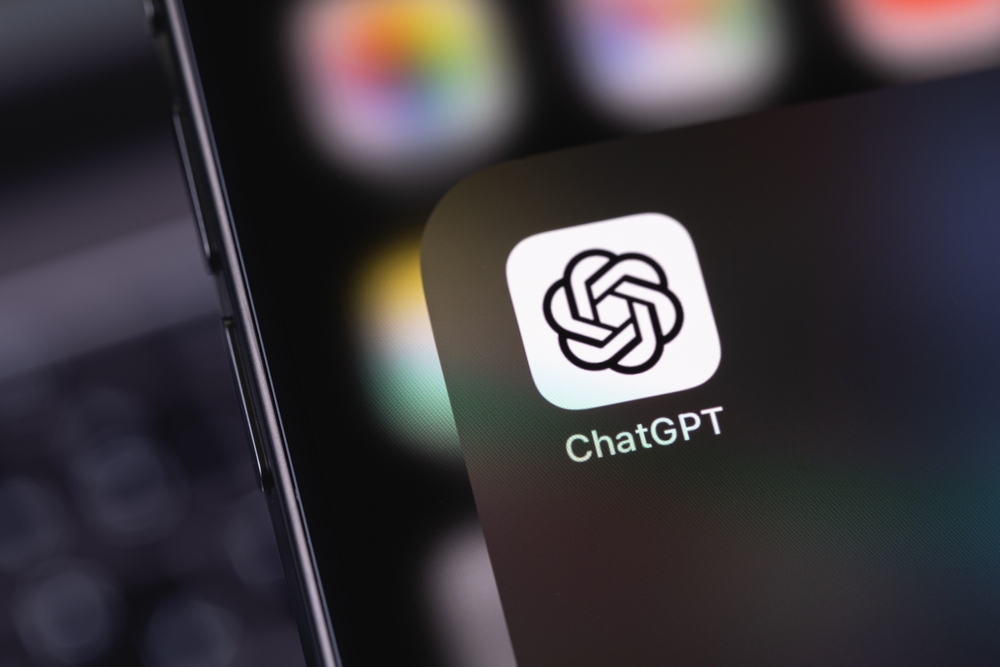
Artificial intelligence is typically associated with precision and logic. It can diagnose diseases, optimize investments, and translate languages in real time. But predicting lottery numbers? That’s supposed to be impossible. Yet Tammy’s story highlights a fascinating paradox: even when we know something is random, we can’t help but wonder if technology might bend the odds.
The Michigan Lottery was quick to clarify that Carvey’s win was purely luck. “The results of all Lottery drawings are random and cannot be predicted by utilizing artificial intelligence or other number-generating tools,” officials said. The Powerball draw doesn’t care about algorithms or training data it’s an independent event driven by probability, not prediction. Still, Carvey’s win captured the imagination because it blurred the line between science and superstition. If an AI can process trillions of data points, who’s to say it can’t stumble into a lucky combination now and then?
Her winning numbers 11, 23, 44, 61, 62, and the Powerball 17 were the same ones that split a massive jackpot between two other winners nationwide. It was sheer coincidence, but the timing was poetic. Across social media, users joked that ChatGPT had become a digital fortune teller. Some even claimed they were going to let the AI choose their numbers for the next big draw. While most know it’s all chance, there’s a certain charm in outsourcing luck to a chatbot. It turns gambling into a partnership between human hope and machine randomness.
The Rise of AI-Assisted Lottery Players
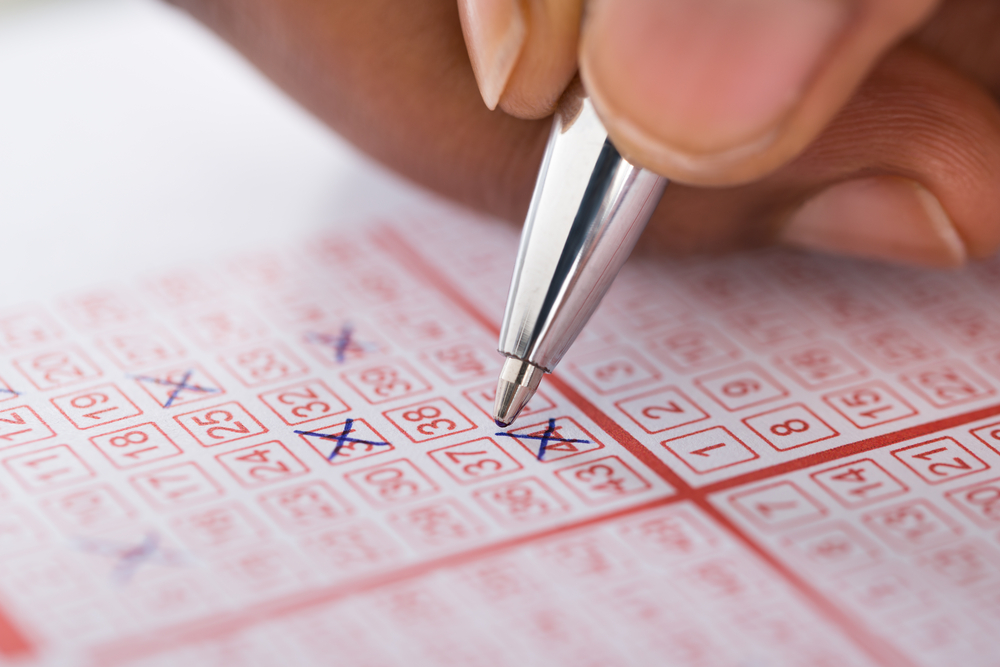
Carvey isn’t the only person who’s tried to team up with AI for a bit of luck. In Virginia, a woman named Carrie Edwards also used ChatGPT to pick her Powerball numbers and ended up winning $150,000 after her Power Play tripled her $50,000 base prize. Like Tammy, she didn’t believe it at first. And like Tammy, she became part of an unexpected new trend: AI-assisted lottery playing.
This phenomenon might sound silly, but it taps into something deeply human. People have always had rituals for attracting luck blowing on dice, knocking on wood, or wearing lucky socks. Asking ChatGPT to pick your numbers is simply a modern twist on that old behavior. It doesn’t make the odds any better, but it makes the process more exciting. In a sense, it gives people the illusion that they’re doing something smart, something a little more scientific, even though the outcome remains completely random.
There’s also a cultural layer to it. In an age dominated by algorithms, many people view AI as a kind of oracle. It already curates music playlists, predicts weather patterns, and recommends what to watch or buy. Extending that trust to lottery numbers isn’t a huge leap it’s just another way to see if the digital world can deliver magic. Whether it’s data-driven destiny or pure coincidence, stories like Carvey’s make the line between logic and luck delightfully fuzzy.
The Math Behind the Miracle
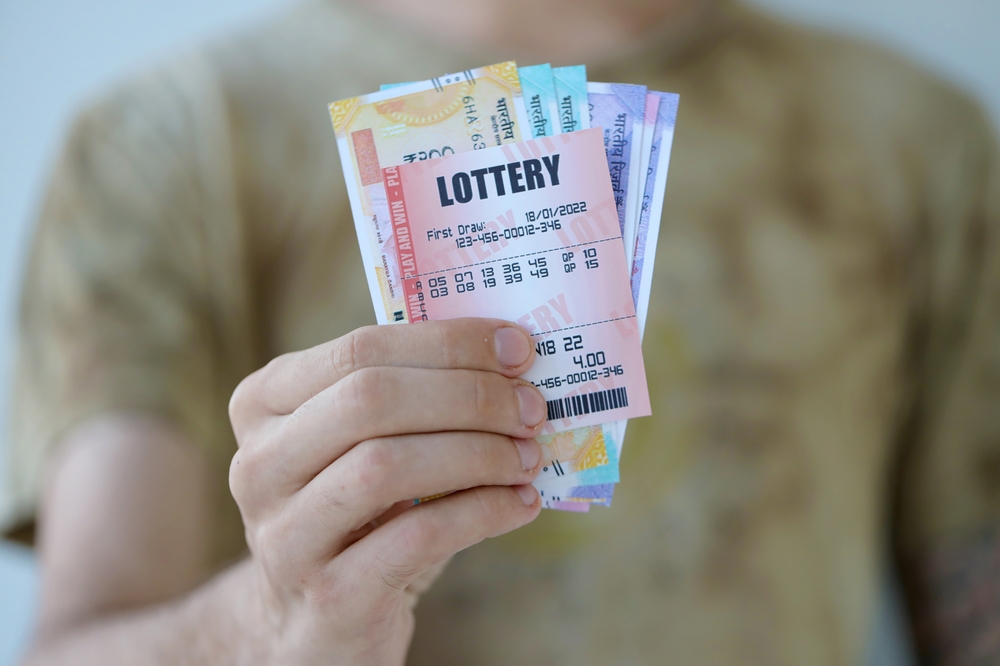
To grasp just how improbable Carvey’s win was, consider the numbers. The odds of matching four white balls and the Powerball are about 1 in 913,000. That means you’re roughly 200 times more likely to be struck by lightning than to hit that combination. Yet someone has to win eventually, and in this case, it was a woman who let an AI take the wheel.
Powerball players choose five numbers between 1 and 69 and one Powerball number between 1 and 26. Matching all six wins the jackpot, but even smaller matches can yield prizes. The Power Play multiplier, which costs an extra dollar, can double or even quintuple non-jackpot prizes. Tammy’s decision to add it was what transformed her win from impressive to life-changing. Without it, she would have earned $50,000. With it, she brought home $100,000 all because she clicked one extra button.
What’s so compelling here isn’t the math itself but the meaning people attach to it. In a rational sense, Carvey’s win proves nothing about AI’s predictive power. But in an emotional sense, it proves everything about our relationship with technology. We treat it as both a tool and a companion, a logical system and a potential source of magic. That contradiction is what makes stories like this resonate. We know the odds are random, but we still want to believe the universe or an algorithm might be smiling on us.
Humans, Machines, and the Illusion of Control
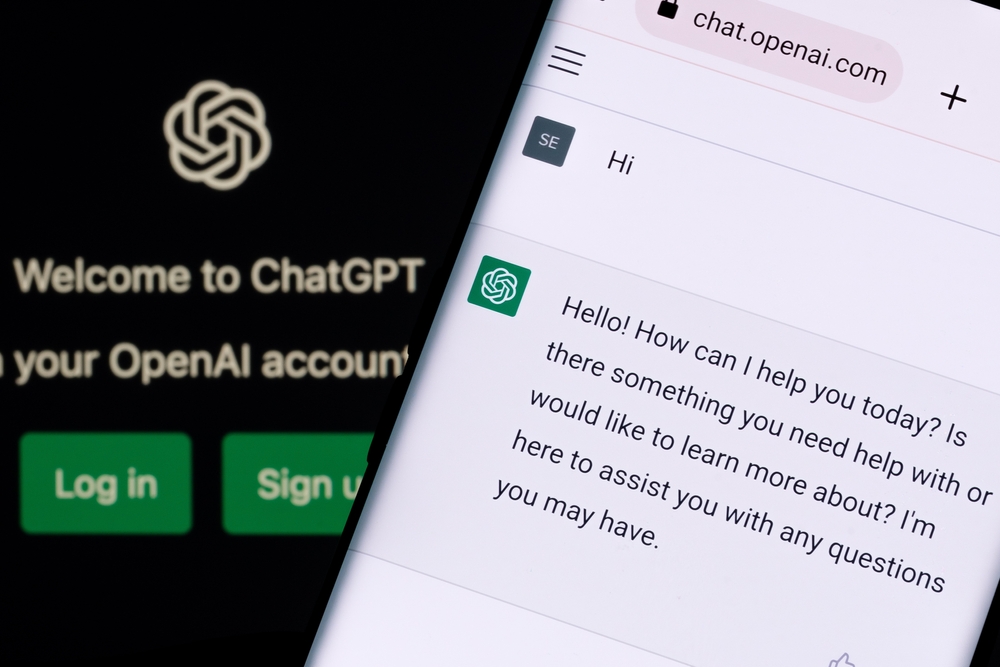
There’s something beautifully ironic about an AI helping someone win the lottery. ChatGPT was designed for language, logic, and reasoning not gambling. Yet its involvement in Carvey’s win gives it a mythic quality. It’s the 21st-century version of a lucky coin toss, except the coin is trained on trillions of words and probability models. Whether or not AI had anything to do with the outcome, it feels like a victory for curiosity, experimentation, and maybe a touch of fate.
Humans have always searched for patterns in chaos. We see shapes in clouds, coincidences as signs, and randomness as destiny. The rise of artificial intelligence amplifies that instinct. We know these systems run on logic, but when they seem to produce serendipitous outcomes, we project human meaning onto them. Tammy Carvey’s win is a perfect example. It doesn’t prove AI can predict the future, but it does show that technology can play an unexpected role in how we experience chance. Maybe that’s the real magic: not prediction, but participation.
And participation is exactly what keeps people engaged with technology. Whether it’s using AI to write poetry, generate art, or now pick lottery numbers, these moments make the relationship between humans and machines more personal. They remind us that the boundary between logic and luck is thinner than we think.
What Tammy Plans Next

Winning $100,000 doesn’t make you a millionaire, but it can still change your life. For Tammy Carvey, it’s a chance to breathe easier. She told Michigan Lottery officials that she plans to pay off her home and save the rest. Her approach is refreshingly practical no sports cars or luxury vacations, just security and peace of mind. After all, in a world full of uncertainty, stability might be the most valuable prize of all.
Her story has turned her into something of a local celebrity. Friends, family, and neighbors have all expressed fascination with her AI-assisted luck. Some have even joked about asking ChatGPT for their own set of Powerball numbers. Whether or not they strike gold, they’re part of a growing cultural moment where humans and machines collaborate not just in work or art, but in play.
Carvey’s humility throughout the experience makes her story even more endearing. She never claimed she had a system or that AI gave her an advantage. She simply tried something new, and it worked. Her attitude underscores the charm of experimentation sometimes, you just have to see what happens.
The Future of Luck in the Age of AI
Tammy Carvey’s story isn’t about technology beating the odds; it’s about technology becoming part of them. In the years ahead, it’s easy to imagine more people inviting AI into their rituals of chance. Lottery apps might soon offer AI-based number generators, not because they improve the odds, but because they make the game more fun. It’s the same reason people read horoscopes or consult fortune cookies — we crave meaning in randomness.
As AI continues to weave itself into daily life, from the banal to the bizarre, it will keep producing stories like Carvey’s: moments where the rational and the random meet in delightful contradiction. Whether you see it as coincidence, fate, or just a really lucky day, it proves something profound about the human spirit. We build machines to make sense of the world, but we also use them to explore the unknown.
Tammy Carvey didn’t hack the system. She didn’t break probability. She simply took a chance and for once, chance smiled back. In a time when artificial intelligence is often framed as a threat or mystery, her story reminds us of something simpler: sometimes, technology can just be fun. And maybe, in its own strange way, a little bit lucky.
Loading...

